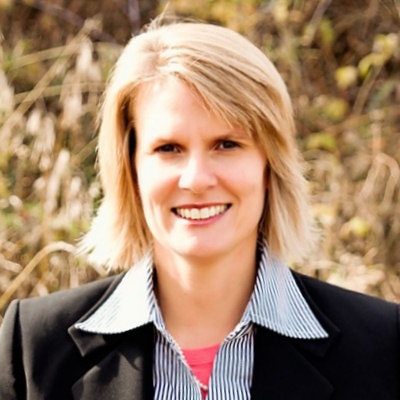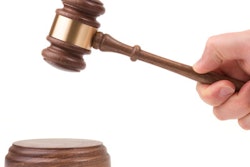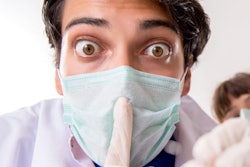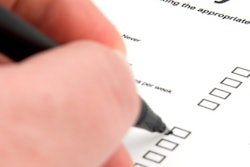
In my hometown of East Lansing, MI, the investigation of Larry Nassar, DO, a former team doctor for Michigan State University and a volunteer with USA Gymnastics, continues to be displayed in headlines daily and weekly. While Dr. Nassar was sentenced to 60 years in prison for child pornography charges, the entire community is reeling with disgust and, equally important, reeling with distrust.
Dr. Nassar has also pleaded guilty to multiple charges of sexual assault, according to multiple reports. More than 100 women athletes have come forward to accuse Dr. Nassar of their assaults over the last 20 years.
In the wake of what is happening with daily reports of sexual harassment claims and resignation of top executives and political leaders, the topic of trust and abuse of power seems especially relevant to discuss in dentistry.
Expertise
 Lisa Knowles, DDS.
Lisa Knowles, DDS.With our expertise comes a certain level of powerful influence over others. It's an influence I do not take lightly. None of us should. When one of us makes unethical decisions, we all suffer.
Patients become more skeptical, with good reason. Patients go to other resources, such as the internet and co-workers and friends, instead of seeking advice from us. We all lose our credibility when one person in our professional community errs in judgment.
One of the survivors testifying in Dr. Nassar's case is Olympic gymnast Aly Raisman. She explains the devastating effects of trust and what that does for the entire medical community in her open letter printed in the Player's Tribune:
It is all the more devastating when such abuse comes at the hand of such a highly respected doctor, since it leaves victims questioning the organizations -- and even the medical profession itself -- upon which so many rely.
As professionals, we owe it to ourselves to hold each other accountable. We cannot turn the other way and talk ourselves out of seeing what we might have suspected. When we don't want to see the truth, we erode the credibility of our entire profession, and patients lose trust in all of us. Their trust is chipped away case by case.
Close to home
A few years ago, a dentist was charged with overtreatment and fraudulent Medicaid claim submissions in a neighboring town near my practice. When some of those patients transferred to my practice, I noticed their heightened level of distrust. They were angry, and, like Aly Raisman, they will forever trust less.
As dental professionals, we feel a lot of pressure to preserve our reputations. Relationships are at stake. Licenses are at stake. It's a big leap to accuse someone of wrongdoings and possibly be wrong. So, I think we have some choices to consider when in this situation:
“If we don't evolve, we risk further erosion of the professional trust felt in our communities.”
- Is there any way to get more information about this person with questionable behavior? Can we ask better questions and find out more answers to help resolve this concern? Do we recognize any patterns?
- Is there a hotline to report suspicious behavior? If not, should our national or state associations have one?
- What is our familiarity with peer review in each state? Does our association have a peer-review system in place to offer guidelines for suspected ethical violations?
- If a dentist is not a member of a national or state association, who is ultimately responsible for holding a professional accountable? How does the state board come into play for violations against a dental professional? Do they have a reporting system, and how does it work?
I believe we can do better to report instances of concern and not ruin a colleague's life if we are wrong. But, the culture within our profession will have to evolve a bit more to allow for this to happen. We will need to refine our systems to ensure there is a balance between preserving a professional's rights and recognizing a victim's rights.
If we don't evolve, we risk further erosion of the professional trust felt in our communities. If we don't evolve, we risk harm to the public and we fail as a society to protect our most vulnerable people: our children. The small decisions in our daily lives can make a very large impact on the lives of children and their families.
If we as trained professionals do not see the problems, or fail to report them, how can the public trust us?
We all took an oath to do no harm. We must realize action and inaction can result in harm. Statistically, we know sexual assaults occur in dentistry, too. Let's make sure none of us allow this to happen within our profession ever again. One more is too many. And, trust is never easy to reestablish once lost.
Lisa Knowles, DDS, practices at Haslett East Lansing Dental Health & Wellness in East Lansing, MI, and is the founder and CEO of IntentionalDental Consulting. For more information, contact her at [email protected], or visit her website at Beyond32Teeth.com.
The comments and observations expressed herein do not necessarily reflect the opinions of DrBicuspid.com, nor should they be construed as an endorsement or admonishment of any particular idea, vendor, or organization.



















